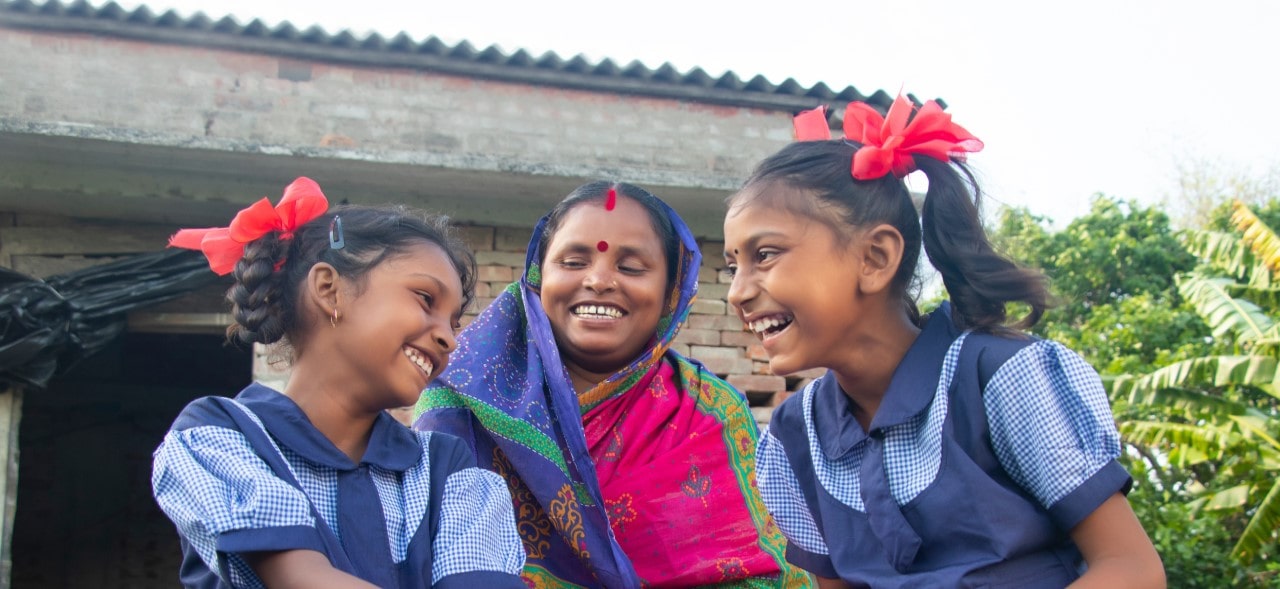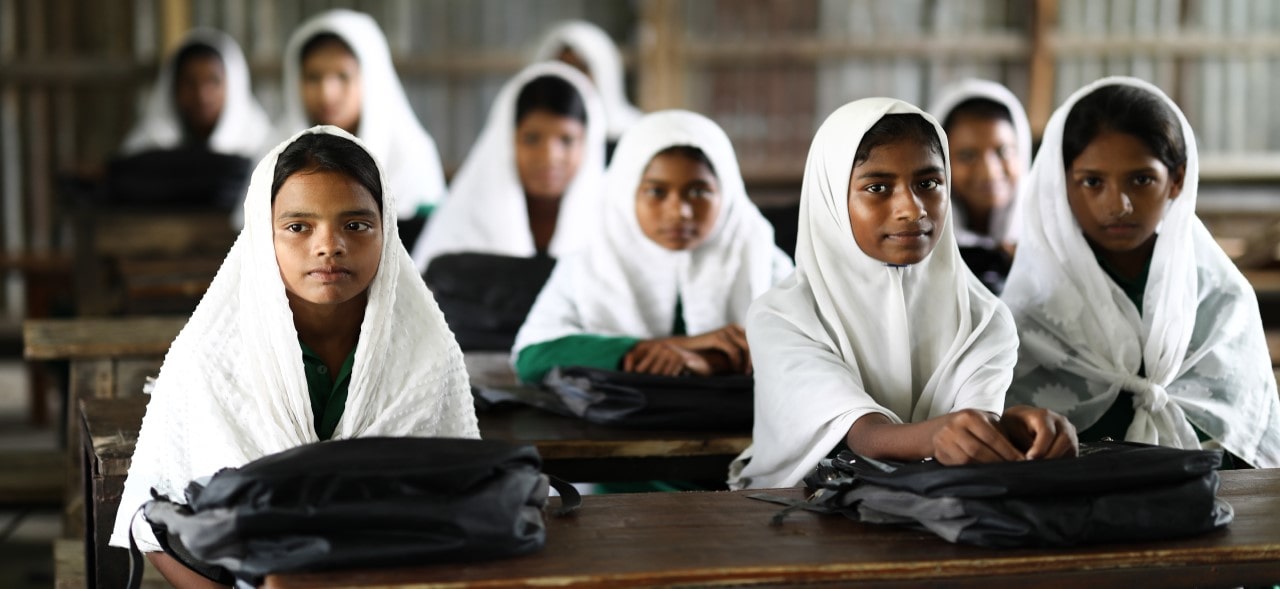Lakshay Jain

Lakshay Jain
AssociateLakshay Jain is an Associate in MSC’s Data and Insights Domain.
He has worked for more than two years as a Project Head in India and as a COVID Officer in Australia with the Government of New South Wales, Australia. His expertise is in Project Management, Competitor Analysis, Research and Change Management. In MSC, he works on projects involving MSMEs, women and social security programs that involve data analysis and visualization.
Posts by Lakshay Jain
 Blog
Blog
Monica Dutta, Aakash Mehrotra, Chinmay Dabhade, Lakshay Jain, Shrutkirti Dhumal and Graham Wright
The climate crisis is not gender neutral – women’s voices must be heard
 Blog
Blog
Monica Dutta, Aakash Mehrotra, Lakshay Jain, Chinmay Dabhade, Graham Wright and Shrutkirti Dhumal
Smallholder farmers worldwide are on a perilous journey amid climate change—where are they headed?
 Blog
Blog
Aakash Mehrotra, Lakshay Jain, Rahul Chatterjee and Chinmay Dabhade
Adopting a segmentation approach to serve enterprises in Kenya: Insights from the FinAccess Household Survey 2021
 Blog
Blog
Aakash Mehrotra, Lakshay Jain and Monica Dutta

